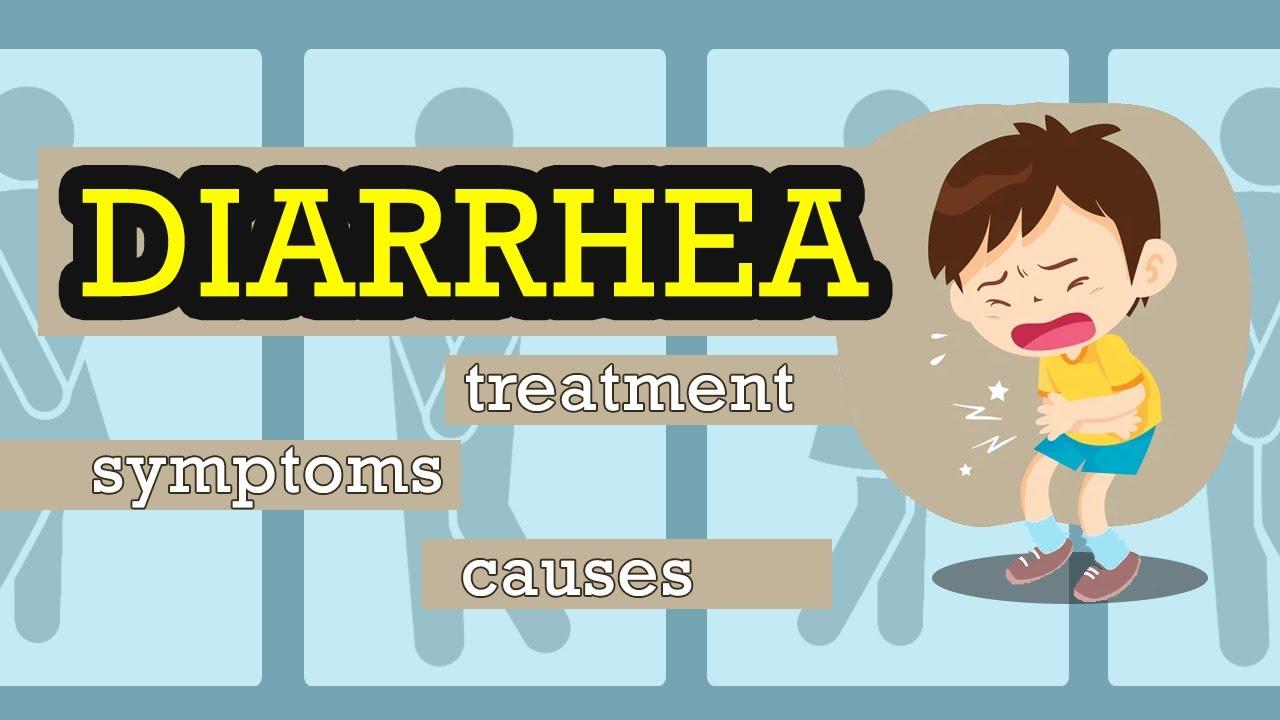Diarrhea is one of the most common digestive problems people experience, affecting millions worldwide every year. It is often defined as the passage of loose or watery stools three or more times in a single day. While most cases are mild and resolve on their own, some situations require prompt medical attention to prevent complications such as dehydration, nutrient loss, and underlying disease progression.
Understanding when to seek professional help is essential for your health especially because diarrhea can be a symptom of infections, chronic conditions, or serious diseases.
Common Causes of Diarrhea
Before discussing when to see a doctor, it's important to understand what causes diarrhea in the first place. Some of the most frequent causes include:
-
Infections
-
Viral: Norovirus, rotavirus, and adenovirus are common culprits.
-
Bacterial: E. coli, Salmonella, Shigella, and Campylobacter infections are frequent causes, particularly in contaminated food or water.
-
Parasitic: Giardia lamblia and Entamoeba histolytica are common in areas with poor sanitation.
-
-
Food-related issues
-
Food poisoning from spoiled or improperly cooked food.
-
Food intolerances such as lactose or gluten intolerance.
-
-
Medications
-
Antibiotics can disrupt gut flora, leading to diarrhea.
-
Certain chemotherapy drugs, antacids containing magnesium, and other medications may have diarrhea as a side effect.
-
-
Chronic diseases
-
Inflammatory bowel disease (IBD) such as Crohn’s disease and ulcerative colitis.
-
Irritable bowel syndrome (IBS).
-
Celiac disease.
-
When to Seek Immediate Medical Attention
While mild diarrhea usually resolves within a few days, you should seek medical help immediately if you notice any of the following red flags:
1. Signs of Severe Dehydration
Dehydration can develop quickly when your body loses too much fluid and electrolytes. Seek help if you experience:
-
Extreme thirst
-
Dizziness or lightheadedness
-
Rapid heartbeat
-
Low urine output or dark-colored urine
-
Confusion or irritability
Children and older adults are especially vulnerable to dehydration and may require hospitalization for intravenous fluids.
2. Blood in the Stool
Bloody diarrhea can indicate a serious infection (such as dysentery), inflammatory bowel disease, or even colorectal cancer. Bright red blood, maroon stool, or black tarry stools should be evaluated immediately.
3. High Fever
A temperature of 102°F (38.9°C) or higher with diarrhea suggests a more severe infection that could require prescription antibiotics or other targeted treatments.
4. Persistent Diarrhea
If diarrhea lasts longer than 48 hours in adults or 24 hours in children, it’s time to seek medical advice. Chronic diarrhea lasting more than 2–4 weeks needs further evaluation for underlying causes.
5. Severe Abdominal or Rectal Pain
Intense cramping or pain could indicate appendicitis, bowel obstruction, or inflammatory conditions requiring urgent care.
6. Recent Travel to High-Risk Areas
If you’ve recently traveled to regions with poor sanitation or where waterborne diseases are common, diarrhea may be due to pathogens like cholera, typhoid, or amoebiasis. These often require medical treatment sometimes with specific antibiotics such as ceftriaxone. In such cases, hospitals or clinics may coordinate with a ceftriaxone injection supplier to ensure timely availability of the medication.
Special Considerations for Vulnerable Groups
Some populations are at higher risk of serious complications from diarrhea and should be more cautious:
-
Infants and young children: Dehydration can occur rapidly. Watch for fewer wet diapers, dry mouth, and lethargy.
-
Older adults: Reduced thirst sensation and other medical conditions make them prone to dehydration.
-
People with weakened immune systems: Individuals undergoing chemotherapy, organ transplant recipients, or those with HIV/AIDS should seek prompt care for diarrhea.
Possible Treatments
Treatment depends on the cause and severity:
-
Rehydration
-
Oral rehydration salts (ORS) are the cornerstone of treatment.
-
Homemade solutions (water, salt, sugar) can be used if ORS is unavailable.
-
-
Dietary Adjustments
-
Follow the BRAT diet (Bananas, Rice, Applesauce, Toast) for gentle digestion.
-
Avoid fatty, spicy, and dairy-rich foods temporarily.
-
-
Medications
-
Anti-diarrheal agents (loperamide) may help in non-infectious cases.
-
Antibiotics are used for bacterial infections, but only when prescribed. In severe bacterial diarrhea or typhoid fever, doctors may administer ceftriaxone sourced through a trusted ceftriaxone injection supplier to ensure safety and quality.
-
-
Hospital Care
-
IV fluids for severe dehydration.
-
onitoring for electrolyte imbalances and complications.
-
Preventing Diarrhea
Prevention is often better than cure. Simple steps can significantly reduce your risk:
-
Hand hygiene: Wash hands thoroughly with soap and water before eating and after using the bathroom.
-
Safe food practices: Cook meat thoroughly, avoid raw seafood, and wash fruits/vegetables well.
-
Clean water: Drink boiled or bottled water in areas with questionable supply.
-
Vaccinations: Rotavirus and cholera vaccines can prevent specific causes.
When Antibiotics Like Ceftriaxone Are Necessary
Antibiotics are not needed for most diarrhea cases since many are viral in origin. However, bacterial infections such as typhoid fever, certain strains of Shigella, and severe Salmonella infections may require antibiotics. Ceftriaxone, a broad-spectrum third-generation cephalosporin, is commonly prescribed in these scenarios especially for hospitalized patients.
Clinics and hospitals depend on reliable medical suppliers to ensure an uninterrupted stock of essential medicines. Partnering with a reputable ceftriaxone injection supplier ensures that critical treatments are available when needed, particularly in outbreak situations or regions with high infection rates.
Bottom Line
Diarrhea is often self-limiting, but certain warning signs demand immediate medical evaluation. Look out for signs of severe dehydration, blood in stool, high fever, persistent symptoms, or recent travel to high-risk areas. Vulnerable individuals such as children, the elderly, and immunocompromised patients should be especially cautious.
Treatment ranges from rehydration and dietary adjustments to antibiotic therapy in confirmed bacterial cases. When antibiotics are needed, healthcare providers rely on trustworthy sources like a ceftriaxone injection supplier to ensure quality, efficacy, and patient safety.
By knowing when to seek help and how to manage diarrhea properly, you can protect yourself from complications and recover faster with both your health and peace of mind intact.

